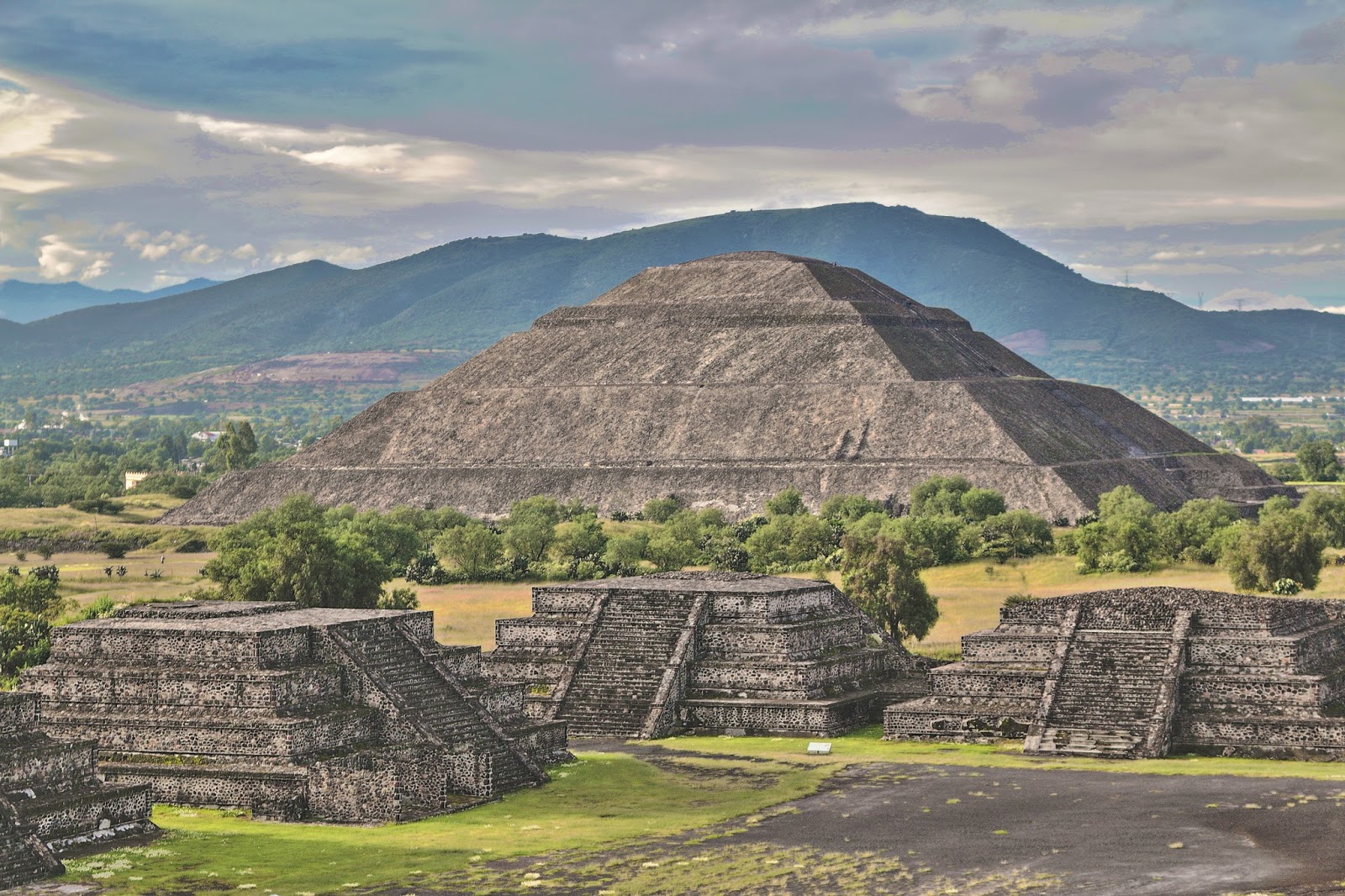
Teotl
Teotl is usually translated to “god” or “spirit”. But teotl is better understood as a verb than a noun, as a process more than a thing. For many Mesoamerican cultures, including the ancient Mexica, this is the stuff of existence: it defines time, space, thought, and reality through its constant change and motion.
Teotl is nonpersonal, nonminded, nonagentive, and nonintentional. It is not a deity, person, or subject possessing emotions, cognitions, grand intentions, or goals. It is not an all-powerful benevolent or malevolent god.
James Maffie, Aztec Philosophy: Understanding a World In Motion
All things that have ever existed and ever will exist come from this raw creative force, and all things return to it. People, objects, ideas, places, epochs, and even gods all emerge from the shifting expression of teotl, and all are eventually folded back into it.
However, it is through teotl that reality, meaning, emotions, and beauty also come to be. It is through teotl that we experience each other.
Since teotl gave form and power to the Teteo, however, few people worship teotl directly, and there is no evidence to suggest a ‘teotlist’ cult in antiquity.
Teotl simply is. How we choose to honor and commune with its divine expressions, however, is up to us.
